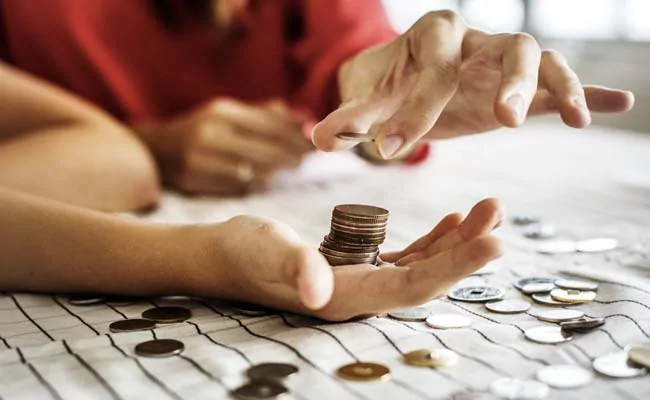Looking For Best Investment Options? Compare These Three Below

[ad_1]
These schemes offer good returns but investors need to figure out which one is meant for them.
When it comes to investing money, a number of questions come to mind such as which investment instrument gives the best returns, what is the risk involved, the time it will take for the investment to mature, etc. Everyone wants to invest their hard-earned money in a way that they can avail maximum return in a specific tenure with minimum risk. Some people invest because they need financial security, others do so to achieve their economic goals. There are several vehicles that an investor can opt for such as Kisan Vikas Patra, fixed deposits, and mutual funds.
Each of these instruments offers good returns but investors need to figure out which one is meant for them. Let’s see how these instruments stack up against each other.
1.Kisan Vikas Patra
A certificate scheme from the Indian Post, it offers to double a one-time investment in approximately 10 years (124 months). It is popularly known as KVP. The current interest rate offered is 6.9%, compounded annually. Initially, Kisan Vikas Patrawas aimed at enabling farmers to save for the long-term, but now the scheme is available for everyone. Offering a guaranteed sum on maturity, this one is primarily suitable for investors who are risk-averse. However, the returns are completely taxable.
There are three types of KVP certificates. The ‘Single Holder Type Certificate’ is issued to an individual. The ‘Joint A Type Certificate’ is issued jointly to two individuals, payable to both the holders jointly or to the survivor. And the ‘Joint B Type Certificate’ is payable to either of the two holders or to the survivor.
2.Bank Fixed Deposit
A popular choice for saving money, FD accounts are not dependent on market variations and offer a guaranteed, constant interest rate. The rate of interest for FDs is much higher than that of a savings bank account. Once the tenure of the deposit ends, investors can withdraw their money or reinvest it for another term. There are various types of FD accounts: the regular FD accounts for individuals less than 60 years, FD accounts for senior citizens,tax-saving FD account, FD account with monthly payout (interest is paid every month and not compounded), etc. Different banks provide different interest rates and maturity periods.
3.Mutual Funds
This investment instrument is for those who want their wealth to grow faster and have an appetite for risk-taking. When an asset management company or fund house decides to pool investments from several individuals and institutional investors with common objectives, it takes the mutual fund route.A fund manager, who is a finance professional, manages the pooled investment and purchases stocks and bonds that are in line with the investment mandate. Each investor experiences profits or losses directly proportional to the amount they invested.
[ad_2]
Source link

